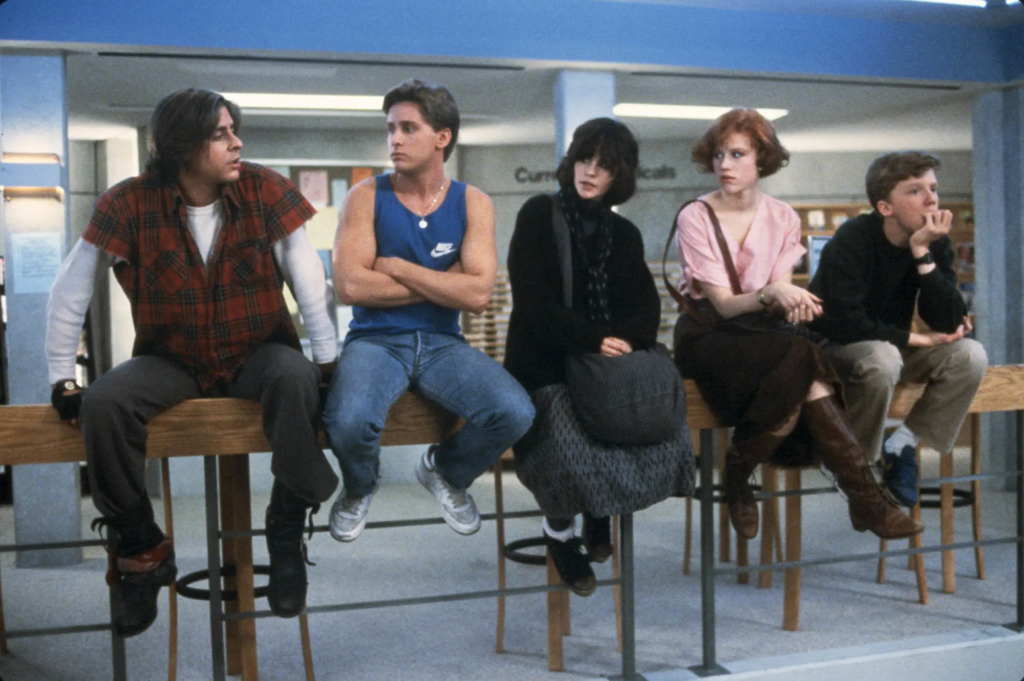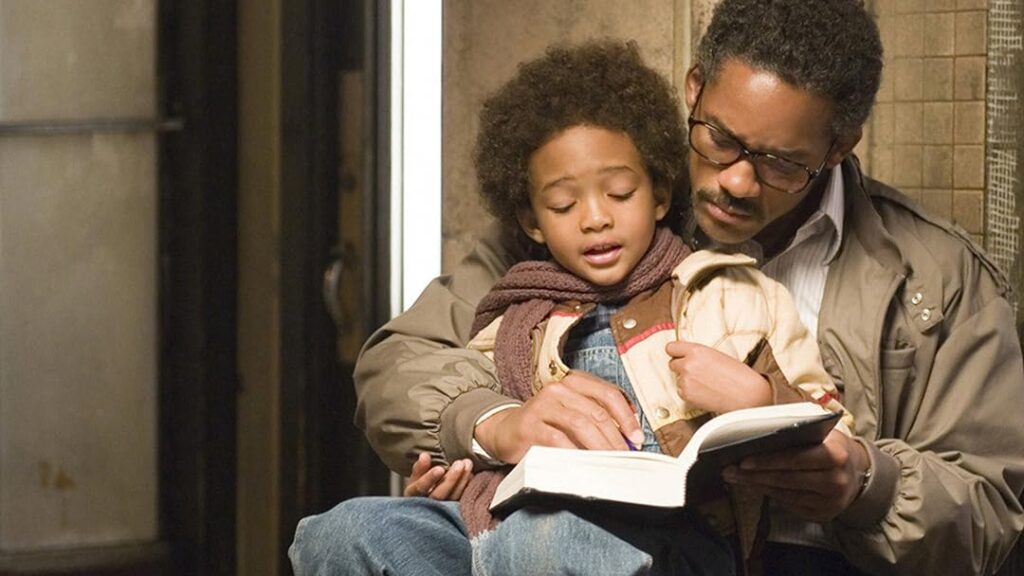"You don’t have to understand your teen’s music, slang, or style to stay connected. Sometimes the gap is where the best conversations begin."

Have you ever walked past your teen’s room and heard music blasting that you’ve never heard before, something with a beat or lyrics that make you pause and think, Is this what they’re into now? Or maybe you’ve seen them heading out in an outfit that leaves you wondering if there was a fashion trend memo you missed. And then there’s the moment you overhear them chatting with their friends, only to realise you barely understand a word they’re saying.
It’s easy to feel a little disconnected when your teen’s interests seem so far from your own. Is it okay not to fully understand their music, slang, or style? The short answer is yes. Navigating that gap can be an opportunity, not a roadblock.
Acknowledge the Gap

It’s completely normal to feel disconnected from your teen’s evolving interests. One day they’re singing nursery rhymes in the backseat, and the next they’re blasting a song that sounds more like chaos than music. It can be jarring and feel like their world is starting to spin without you at the centre of it.,but every generation confuses the one before it.
Maybe your teen is into music that feels loud, strange, or emotional in a way that you just don’t relate to. But rewind a few decades, and the same thing was happening. When rock and roll exploded in the 1950s, many adults were horrified. They thought Elvis was inappropriate and that electric guitars were corrupting the youth. The same thing happened in the ’70s and ’80s with punk rock, which was dismissed as rebellious noise. Now, those same genres are considered classics.
The same goes for fashion. Think back to when ripped jeans, oversized shirts, or neon windbreakers were all the rage. Styles that were once called outrageous or “sloppy” by adults of that era. Today’s teens are no different. Cropped tops, baggy pants, or gender-fluid clothing might be their way of expressing identity, fitting in, or pushing back on norms. Just like your generation did in its way.
You likely did the same thing to your parents. Played music they didn’t understand, wore something they didn’t approve of, or spoke in slang that made them sigh. And now, you’re on the other side of the equation. It’s a full-circle moment that can feel strange, but it’s also a reminder that this is part of growing up for both of you.
Respect Before Understanding

You don’t have to fully understand everything your teen is interested in, and that’s completely okay. You’re not expected to know every song, slang word, or fashion trend. What really counts is respecting their choices and what those interests mean to them.
For many teens, music, style, and language are ways to express themselves and find a sense of belonging. These interests often go beyond just what’s popular, they help teens explore who they are and connect with others who feel the same way.
Instead of worrying about whether you approve or relate, try approaching these differences with genuine curiosity. Ask questions like, “What do you like about this song?” or “Where did that phrase come from?” Being open to understanding, even if you don’t completely get it, shows that you value their world.
Respecting their interests doesn’t mean you have to agree with everything. It means making room for their growth, even when it looks different from your own experiences. When teens feel accepted rather than judged, they’re more likely to open up and trust you.
Gentle Ways to Stay Involved

When your teen’s music, slang, or fashion feels unfamiliar or even a little uncomfortable, approaching the situation with gentle curiosity rather than frustration can help keep communication open.
You might ask your teen to explain a lyric you don’t understand or teach you a slang word. Saying something like, “I keep hearing this phrase, can you tell me what it means?” or “That song sounds interesting; what’s it about?” shows you’re interested in their world and encourages them to share.
With fashion, try focusing on the confidence behind their choices. Even if their style isn’t exactly what you’d pick, compliment how they wear it. For example, “I like how confident you look in that outfit.”
If you have concerns, like a dress that feels too short, offering gentle suggestions can work better than strict rules. You might say, “I like that dress on you, but I think the green one might suit you even better,” This gives your teen options and helps them make choices without feeling shut down.
By engaging with kindness and offering alternatives instead of criticism, you create space for your teen to feel supported while still making thoughtful decisions.
Bonding Over Interests and Memories

Building a connection with your teen can be as simple as sharing your own world with them. Introducing them to some of your favourite music or movies from when you were their age is a great way to start a conversation and show that you’re open to sharing experiences.
Showing your teenage photos and talking about what you wore or what was popular back then can be a fun way to bond. It helps your teen see that every generation has its own style and challenges fitting in.
Small gestures also make a difference. Learning the words to one of their favourite songs and singing along can make them feel happy and understood, like you’re stepping into their world, even just for a moment. It’s the effort that counts, not perfection.
When your teen shows interest in your favourites, let that moment bring you joy. Sharing interests isn’t just about music or fashion. It’s about creating positive moments and strengthening your relationship.
Check out more articles: An Easy Guide to Understanding Gen Z Slang, Gen Alpha Slang: How Much Do You Know?, and Should Parents Be Concerned About Teen Dating?


























